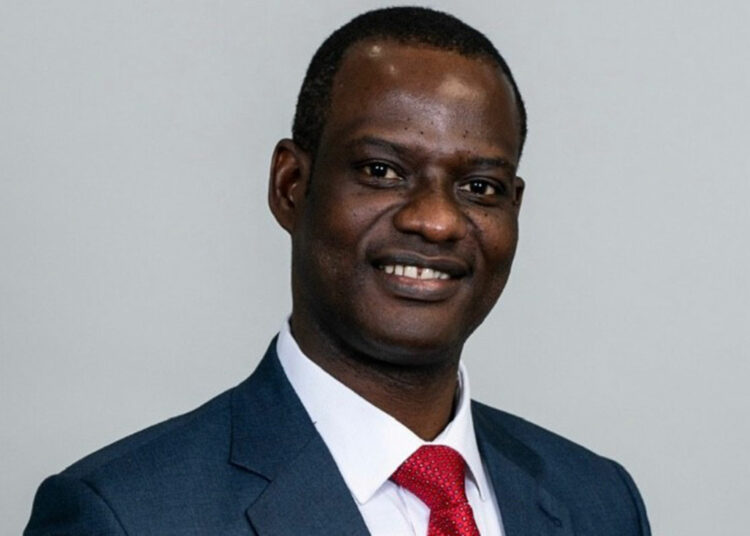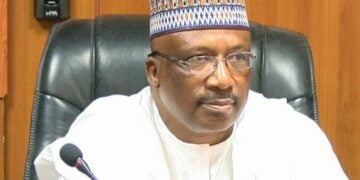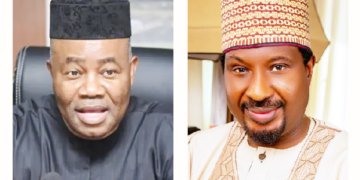Chairman of the Presidential Committee on Fiscal Policy and Tax Reforms, Taiwo Oyedele, has allayed public fears about the 5% fuel surcharge included in the new tax reform laws, stressing that the levy has not been imposed and will not automatically begin in January 2026, as widely being speculated.
Oyedele, who spoke on Tuesday morning, September 9, 2025, during an interview on Channels Television’s breakfast show – Morning Brief – said much of the current uproar was being driven by misinformation and a lack of understanding of what the new laws provide for.
“There’s nothing that says this tax will start on January 1, 2026. People need to get that right,” Oyedele clarified, noting that while the law provides for a fuel surcharge, it does not fix any commencement date.
He described the Trade Union Congress’ (TUC) threat of a nationwide strike over the surcharge as misplaced and premature.
“The TUC that is planning to go on strike to say it should be removed, I don’t know what they want government to remove because it hasn’t been imposed,” he said.
Oyedele further explained that the surcharge was not a new policy introduced by President Bola Tinubu’s administration but a tax measure that has existed in Nigerian law since 2007.
According to him, the levy was introduced
nearly two decades ago but was never enforced because the government was still subsidising fuel at the time.
“The TUC should have complained and protested when this was introduced since 2007. We only put it into the new tax law as part of the legislation for transparency and orderly implementation,” Oyedele added.
He stressed that the reforms were not about creating fresh taxes but about harmonising, cleaning up, and making sense of the country’s complex tax framework. For instance, he revealed that several redundant and burdensome levies had already been scrapped under the reforms.
“For example, there was a tax introduced on telecommunications by the previous administration that has already been removed from our law. As we speak, there is one on cybersecurity that has been harmonised,” he explained.
Oyedele also revealed that before the reforms were enacted, some agencies had already made attempts to collect certain levies. However, the new law has now set out clear guidelines, making it impossible for any agency to arbitrarily impose or collect taxes.
“Shortly after the reforms were signed into law, there was already an attempt by the agency to collect the tax. We told them to wait. You can’t collect it because the new law says you are not the one to collect, and commencement will not happen until the minister says so,” Oyedele disclosed.
According to him, the new legislation deliberately provides that the Minister of Finance must issue an order before such taxes can take effect, thereby ensuring due process and preventing arbitrary commencement.
He also challenged the perception that President Tinubu was a “tax master”, who is introducing fresh levies.
“People usually say that President Tinubu is a tax master, that he’s introducing taxes. But I’ll challenge anybody to tell me one tax that this president has introduced. Most of these taxes, even the cybersecurity levy, were introduced in the previous administration,” he argued.
Oyedele stressed that the administration’s approach was focused on reducing the number of taxes, eliminating overlaps, and lightening the load on small businesses, manufacturers, and middle-to-low-income earners.





